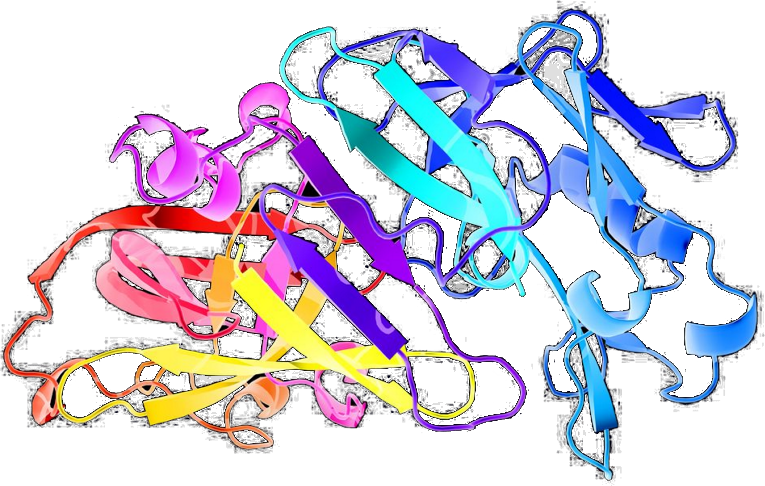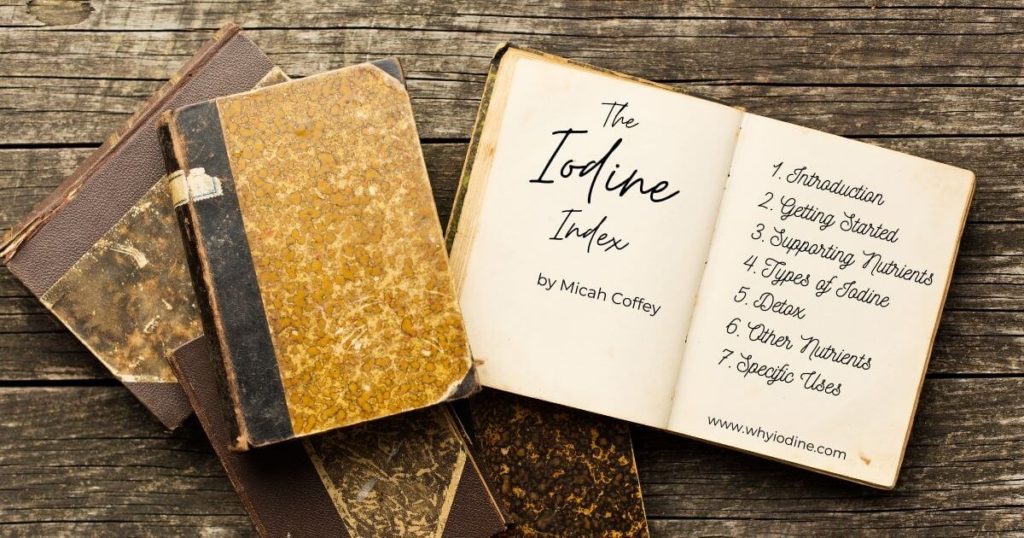

Like little springs, these structures will be altered as the temperature changes.
Hair loss or thinning can happen seemingly out of nowhere, or when starting or stopping a nutrient, or from stress or trauma.
It is not extremely common for iodine to cause hair loss, but it can happen depending how our metabolism is running. But if iodine does cause any loss, it can help point us to an area our metabolism needs attention.
Our thyroid requires iodine and selenium
The thyroid attempts to maintain our temperature so proteins can form properly.
Most thermostats in houses have a metal spring in them, and as the temperature increases in the room, the metal spring expands, which tells the air conditioner to turn on. As the AC runs, the temperature of the room decreases, which causes the spring to shrink, and the AC turns off.
The proteins and other similar components that our cells make all day are almost like little springs, and if the body temperature is incorrect due to the metabolism not functioning properly, these springs are put together wrong because there are thousands of unexpected deviations.
So sometimes when someone finds what their body needs in order to run their thyroid properly, the temperature normalizes and the proteins now function correctly, so hair growth resumes. Other times, as we find nutrients that allow our endocrine system to begin functioning, we get a little out of balance as things start changing. This can be a good indication that we have other situations to look into, like stomach acid as one example.
It’s kind of like if we finally fix a water irrigation pump but the intake is still clogged with debris which causes the pump to run out of water as it waits on the clogged input. Fixing the water pump was progress, but now we have to resolve the next situation.
Protein Metabolism
Our thyroid creates hormones that help regulate our metabolism. If our metabolism is attempting to run more cycles than it has protein available for, it may lose focus of less important protein-based resources, like our hair. This means we could see hair being dropped daily as our system focuses on more important repairs.
As we begin taking iodine, we might be able to metabolize a lot more cycles, which may increase our demand for protein. If we are not getting enough protein or our stomach acid is not able to break enough protein down, or we’re not getting protein from enough different sources, our metabolism may give up on things like hair again. Protein metabolism is possibly one of the most important focuses of health and life. Begin to read and learn more about the importance of stomach acid and protein digestion at sickoftired.com/stomach-acid
Once we consume enough forms of protein and actually digest it with stomach acid, the next step depends on magnesium which is likely a large part of the reason magnesium is important and involved in so many metabolic functions. I explain more about magnesium here whyiodine.com/magnesium and made a neat 3d model of the core of our metabolism which helps highlight how magnesium is involved in so many processes here methylate.me
Hydrogen Peroxide
As our thyroid creates thyroid hormones, hydrogen peroxide(h2o2) is generated. There are various uses of h2o2 in our body, but it’s something that we want to have in a proper balance or it can potentially be damaging. We can run into an issue where we provide enough iodine which allows our thyroid to make hormones but doesn’t have the other required nutrients our body uses to reduce h2o2 back into water(h2o).
This is one of a handful of reasons selenium is so important when we take iodine. This junction that reduces h2o2 back into water also carries out several other extremely important functions, which is why getting these nutrients in balanced amounts can be so important. Most of the hormones our thyroid created are converted into their active form at this junction, and some of our glutathione is activated/recycled here as well. Read more about this at whyiodine.com/selenium
One of the many important processes downstream from h2o2 reduction is where copper passes oxygen to iron…
Iron Metabolism

The remains of an old truck show the destructive powers our environment has on metal
Our body uses iron to carry oxygen around our body. But oxygen and iron don’t usually play well together and can completely destroy things as strong as vehicles and buildings.
Using iron to carry oxygen is not simple or easy. A special protein called Ceruloplasmin is required but ceruloplasmin requires a lot of nutrients to be in balance.
Ceruloplasmin is a multicopper ferroxidase made of 1046 amino acids. It’s main job is to keep copper and iron in proper balance. But it requires vitamin A, zinc and a handful of other nutrients in order to function properly. What I’m trying to say, is this stuff is really important and integral to our system.
I have a feeling at least minor dysregulation of ceruloplasmin is rather common and most likely the main reason people end up losing hair for any reason. Sometimes we overwhelm this balance temporarily and have temporary hair loss till we figure out how to support this balance. Sometimes our genetics are running in an altered state due to our ancestors’ and our own exposure to nutrients and toxins, which causes us to get into long-term dysregulation of this system.
This situation is actually much more complex. Iron regulation/metabolism is a core piece of our metabolism. This stuff doesn’t just break for fun, it’s misbehaving because its made its way past its physical threshold and requires support. Imagine a factory that produces metal running out of some of the raw materials required to create metal properly. What do you think will happen in the end? They won’t be able to make stuff work properly. This is why we have requirements of raw materials. Science, or maybe just math, idk.
What can we do about this?
I think any situation can be helped by supporting its foundation. Although the situation becomes complex, there is a lot of information available to be learned about iron, copper and other nutrients involved in this area of our metabolism.
How do we fix iron metabolism? By supporting the whole system. Is stomach acid in check? Do our cells have electrolytes? sickoftired.com
This book does a good job explaining what we’re going for with iron and related nutrients Cu-RE Your Fatigue: The Root Cause and How To Fix It On Your Own
As we learn how to provide our metabolism with the nutrients it needs, we can also help the situation a bit by providing the area with more of the nutrients it needs. Hopefully we figure out how to get metabolism supporting the situation itself, but a boost of nutrients can be helpful as we understand the main objective.
Here is an example of drug-free direct support from a company called More Hair Naturally
